Kenya to Fence out Farmers From National Parks
Kenya is planning to put electric fences around its major national parks and to increase the number of armed guards to protect water resources from farmers desperate for scarce food and water, The Guardian reported Monday.
With the rainy season falling short in eastern Africa this year, more than five million people in Kenya were left without food. The combined effects of droughts, changing weather patterns and a growing population may cause a triple crisis for food, water and energy security in the country in the next 10 years, according to Julius Kipng’etich, director of the Kenya Wildlife Service.
Signs of an upcoming catastrophe in Kenya are already visible, as several of its key national parks have been “invaded” by impoverished squatters, who are uncontrollably felling trees or taking their cattle to graze. Illegal inhabitants in the Mau Forest Complex –- whose catchment area is vital for the water supplies in western Kenya as well as in neighboring Sudan and Uganda — have cut nearly 104,000 hectares of trees in just 15 years.
In addition to Mau, other forested parks supply water and hydroelectric power to millions of people in the country. According to Nobel Laureate Wangari Maathai forests are a critical component of the water-cycle in Africa as they play a role in both cloud formation and water purification.
Kenya’s Wildlife Service, which manages 26 national parks, vowed last week to double the number of armed guards in the parks over the next five years. It is also considering erecting electric fences around some of the parks, similar to the 250-mile fence under construction in the Aberdare National Park. Despite similar intentions in the past, Kenya’s government has been unable to halt the invasion.
“Kenya is destroying itself. The population has reached an unsustainable level,” Kipng’etich told The Observer – The Guardian’s Sunday sister paper. “We are killing ourselves slowly by destroying the forests and settling there. Destruction of the Mau is like dancing with death. We should see environmental destruction as a greater threat than anything else.”
Read more here.
Source: The Guardian
, a Bulgaria native, is a Chicago-based reporter for Circle of Blue. She co-writes The Stream, a daily digest of international water news trends.
Interests: Europe, China, Environmental Policy, International Security.

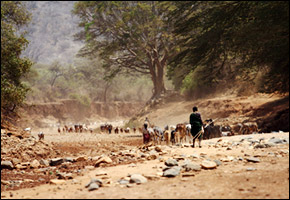
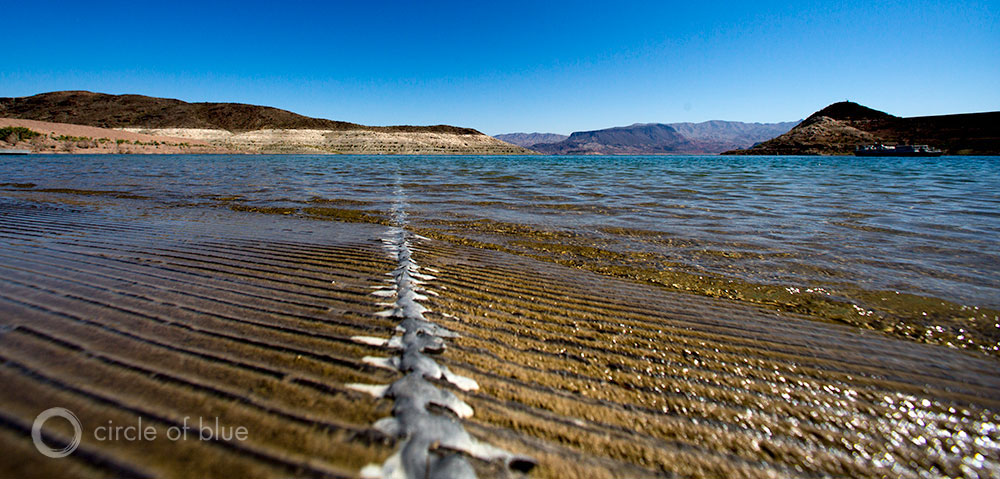

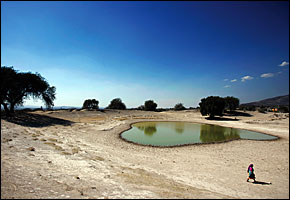
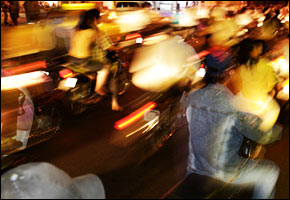




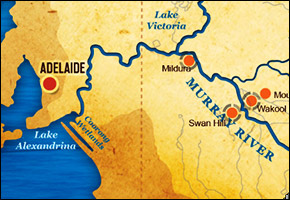
Leave a Reply
Want to join the discussion?Feel free to contribute!